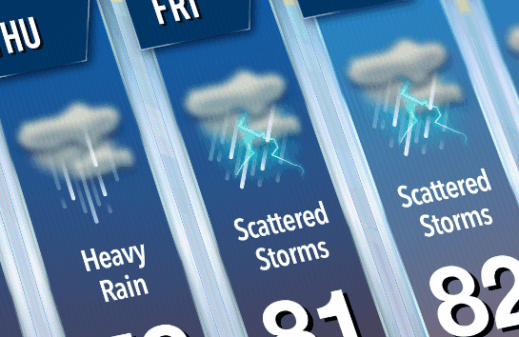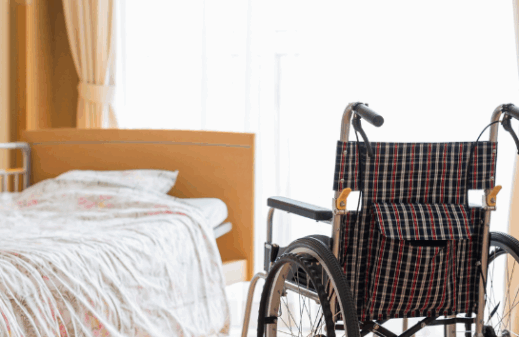Georgia is home to more than 10 million residents making them the eighth most populated state. The growth in population creates a demand for assisted living options for adult individuals that are unable to care for themselves in their own home. As a GA host home, you offer care for individuals with developmental disabilities. Depending on the number of years you have been providing services, you have probably experienced regulation changes from time to time. In recent months, we have heard from host homes and agencies in regards to new insurance requirements.
Why are agencies requiring insurance?
A host home agency places residents that need care in various homes across the state. They oversee the operations and requirements of your host home and manage background checks and history of potential residents. They are the first point of contact for a resident’s family and are who the family places their trust in. When they place a resident in your care, they take on substantial risk.
Even when you provide the best care, residents can still fall or get sick. During these instances, their family may choose to file a lawsuit naming you and the agency as the at fault parties. As a host home, you need insurance to protect you financially during a lawsuit.
What types of insurance are host homes required to carry?
Depending on the nature of your host home services, insurance needs can vary. Here is a list of the required insurance policies for host homes and the scenarios requiring you to carry each.
- Worker’s Compensation. Host homes that employ three or more employees (including part-time or seasonal) must carry worker’s compensation insurance. Worker’s compensation protects your host home by paying costs associated with employee injury or sickness resulting from work. By accepting work comp benefits, employees are unable to file a lawsuit against the host home. To fully protect your home, you must require any contractors to show proof of worker’s compensation insurance as well.
- General Liability. General liability insurance protects you if a third-party holds you responsible for injury or property damage. In Georgia, host homes must purchase a General Liability policy that includes contractual liability.
- Professional Liability. Professional liability and errors and omissions coverage is also a required coverage that protects you in the event a lawsuit alleges your host was negligent in care of a resident. It pays the costs for covered incidents to defend and settle a claim.
- Umbrella Insurance. Umbrella insurance is an extra layer of protection above your liability and business auto policies. This coverage kicks in after the limits on the underlying policies have been reached. In Georgia, you are required to carry coverage with a $3,000,000 annual limit.
- Business Auto. If you transport residents to doctor appointments, you have an auto liability risk. If you have a business vehicle, you need business auto insurance to protect your business. It pays costs associated with auto accidents you are found at fault for including medical expenses, property damage, and physical damage to your vehicle. If employees use personal vehicles, you need non-owned and hired auto liability insurance to protect your host home.
Too often we find that Georgia host homes think they have all the protection they need with a homeowner’s insurance policy. The truth is, homeowner’s insurance is not meant to protect a business. In many cases, an insurance carrier will deny your claim when they discover you are running a business out of your home. Make sure you have the right protection for your Georgia host home today by calling the team at PCALIC, LLC. We provide host home insurance protection and are ready to help.



